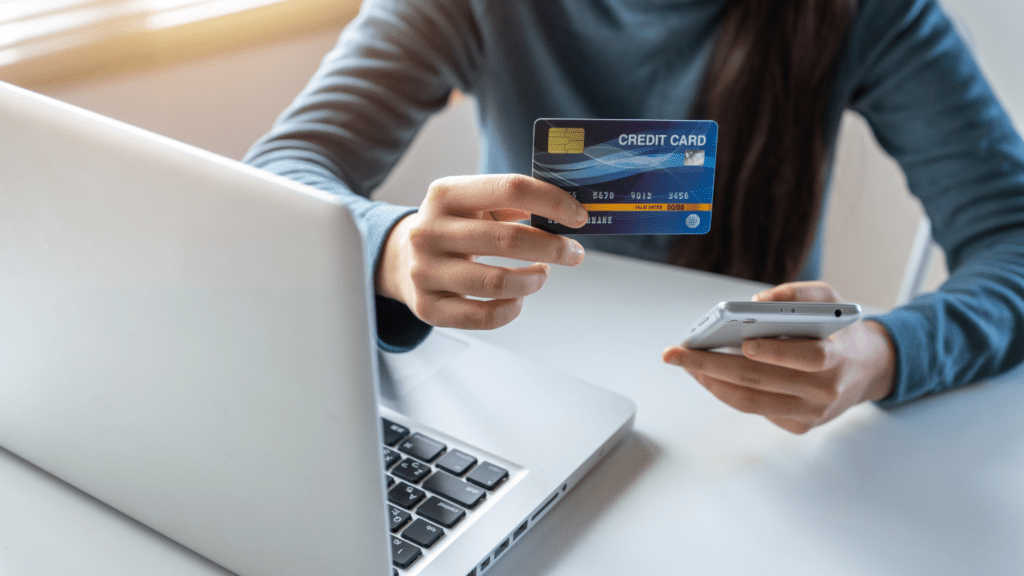Understanding Online Gambling Risks
Online gambling comes with unique risks that are essential to recognize for safe engagement. Scams and fraud are prevalent, aiming to steal personal or financial information. Many unsuspecting users fall victim to phishing schemes, where fraudulent entities posing as legitimate sites trick individuals into revealing sensitive data. Regulatory challenges also exist, as not all platforms are legally licensed, increasing vulnerability to unethical practices. Malicious software can compromise devices, resulting in data breaches or unauthorized access to personal accounts.
Addiction presents another significant risk. Online platforms offer convenience, making excessive gambling more tempting. This habit can quickly lead to financial strain and emotional distress. Understanding these pitfalls is vital for setting boundaries and practicing self-control.
I recommend knowing the odds when gambling online. Many players do not realize that games are often designed to favor the house, increasing potential losses. It’s necessary to assess risk levels and decide on budgets accordingly.
Informed risk awareness enhances security and enjoyment in online gambling activities.
Choosing Reputable Gambling Sites
Selecting trustworthy online gambling sites is crucial for safe play. Not all platforms ensure user protection or fair play.
Checking Licenses and Regulations
An authentic gambling site displays clear licensing information. Regulatory bodies like the Malta Gaming Authority or UK Gambling Commission authenticate these licenses. Sites without visible licenses can jeopardize user funds. Always verify the validity of the displayed licenses through the respective regulatory body’s website.
Reading User Reviews and Ratings
I find user feedback a valuable tool for assessing site reputation. Detailed reviews describe user experiences and highlight potential issues like delayed payouts or unfair practices. High ratings typically indicate satisfaction with customer service and game fairness. Website forums and independent review platforms often harbor these insights.
Protecting Personal and Financial Information

Ensuring the security of my personal and financial data is vital when gambling online. By taking deliberate steps, I can greatly reduce the risks associated with online gambling activities.
Using Secure Payment Methods
- Selecting secure payment methods helps safeguard my financial transactions.
- I prioritize using well-known options such as credit cards, e-wallets like PayPal, or cryptocurrencies.
- These platforms often include built-in security measures, like encryption and fraud detection.
- I also verify that the gambling site uses SSL encryption by checking for the padlock symbol in the address bar, indicating a secure connection.
Implementing Strong Passwords
Creating strong passwords is essential to protect my accounts from unauthorized access. Use a mix of:
- uppercase and lowercase letters
- numbers
- special characters
aiming for a minimum of twelve characters. I avoid easily guessable combinations like birthdays or names. For added security, I enable two-factor authentication where available, combining password protection with a verification code sent to my mobile device.
Recognizing Signs of Problem Gambling
Problem gambling can sneak up on anyone enjoying the thrill of online play. Noticeable signs and having awareness can help prevent these issues from escalating.
Setting Time and Money Limits
Establishing strict boundaries is essential when betting online. Decide on a fixed amount of time and money to dedicate to gambling each week. I always use digital tools or apps to monitor and control these limits. Ensuring adherence to these limits helps prevent excessive gambling and financial downturns.
Seeking Help and Support
Recognizing the need for help is crucial in managing gambling habits. Reach out to professional services like Gamblers Anonymous or national helplines for confidential advice. I’ve learned that joining support groups or accessing online forums fosters a supportive community. Consistently seeking guidance from trusted networks ensures that gambling remains an enjoyable and manageable entertainment form.
Avoiding Scams and Fraud
Ensuring safety while gambling online means recognizing scams and preventing fraud. Staying informed helps me protect my personal and financial information from potential threats.
Identifying Phishing Attempts
Phishing attempts often mimic legitimate communications to trick users into revealing sensitive information. I look for red flags like unsolicited emails or messages from unknown sources, especially those requesting account details or passwords. Authentic companies rarely ask for such information via email. I also scrutinize email addresses and URLs for subtle changes or misspellings, as these are common tactics used by scammers to appear genuine. Installing and maintaining reliable anti-virus software enhances my ability to block suspicious communications.
Reporting Suspicious Activities
Reporting helps combat online fraud. When encountering unusual activities on gambling sites, it’s essential to contact customer service immediately. I report phishing attempts to relevant authorities, such as the Federal Trade Commission (FTC) or local cybercrime units, ensuring they have the information needed to take action. Most gambling platforms offer reporting tools for suspicious behavior, which aids in maintaining a trustworthy environment.



 Nathan Heymann
Senior Betting Analyst
Nathan Heymann is a seasoned betting analyst with a sharp focus on sports markets and gambling strategies. With years of experience in data analysis and trend forecasting, Nathan excels at identifying winning opportunities in dynamic betting environments. At Prime Gambling Way, he leads the analytical team, crafting detailed reports, predictive insights, and actionable tips that empower bettors to stay ahead of the curve. His ability to blend statistical expertise with real-world application makes him an invaluable resource for gamblers looking to maximize their success. Nathan’s passion for uncovering patterns and delivering clarity in complex markets is key to the platform’s commitment to excellence.
Nathan Heymann
Senior Betting Analyst
Nathan Heymann is a seasoned betting analyst with a sharp focus on sports markets and gambling strategies. With years of experience in data analysis and trend forecasting, Nathan excels at identifying winning opportunities in dynamic betting environments. At Prime Gambling Way, he leads the analytical team, crafting detailed reports, predictive insights, and actionable tips that empower bettors to stay ahead of the curve. His ability to blend statistical expertise with real-world application makes him an invaluable resource for gamblers looking to maximize their success. Nathan’s passion for uncovering patterns and delivering clarity in complex markets is key to the platform’s commitment to excellence.
